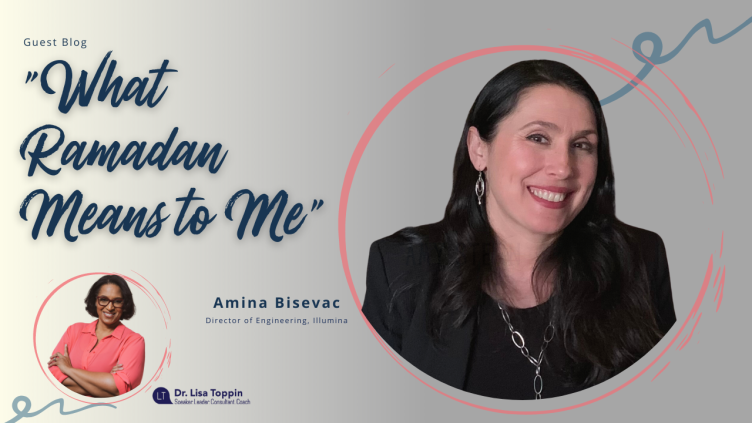For Muslims throughout the world, the sacred month of Ramadan is a time of great spiritual significance and growth. Ramadan, the ninth month of the Islamic Lunar calendar, is when Muslims around the world observe fasting from dawn to sunset and focus on spiritual growth and reflection. This year, Ramadan in San Diego begins at sunset on March 22, (give or take a day depending on the sighting of the first moon of the month). During this holy month, healthy adult Muslims refrain from eating, drinking, smoking, and intimacy during daylight hours. Those who are not able to fast during Ramadan due to health reasons like sickness, pregnancy, traveling (and more) are exempted and expected to make up any missed days at any later time. Muslims who are unable to fast at all are supposed to provide meals to those in need if they are financially able.
Fasting is not only a way of purifying the body and the soul, but also a time for Muslims to practice self-discipline and strengthen their relationship with Allah (Allah means God in Arabic, the one and only God in Islam). There are several key points about the purpose of fasting during Ramadan, including:
- People worldwide find a meaningful connection between developing self-control and spiritual insight through fasting.
- Staying hungry and thirsty for hours during the day is a powerful reminder of the millions of less fortunate people in the world.
- Ramadan emphasizes the values of empathy and generosity. We share food, time, love, and respect with poor and needy people during Ramadan more than any time of the year.
- When we are thirsty and hungry, we learn sincere thankfulness and appreciation for all of God’s blessings. It is often challenging to think about the value of our countless blessings, such as food and clean water, at other times of the year when we have an abundance.
Besides fasting, practicing Muslims also engage in extra communal prayers in the mosque, especially at night (tarawih prayer), and attempt to recite the entire Quran. The widespread belief among Muslims is that it was in the final 10 nights of Ramadan that the Quran (Islamic sacred book) was first revealed to the Prophet Muhammad. Muslims who observe Ramadan wake up before dawn to eat a meal called suhoor, which is meant to sustain them throughout the day. At sunset, they break their fast with a meal called iftar, often shared with family and friends. Muslims also give generously to charity during Ramadan, and it is considered a time of generosity, compassion, and gratefulness.
With more than two billion Muslims around the world coming together to celebrate Ramadan, the experience contains a wonderful diversity of cultures, practices, and celebrations. Across much of Bosnia where my family is from, colorful lanterns and lights are everywhere in celebration of the holy month of Ramadan. The festivities are found at every corner, especially at Iftar (meal at sunset) and the sound of the calls to prayer from local mosques can be heard from all over. Fasting also strengthens ties within our families, neighbors, friends, and communities as we gather daily for fast breaking dinners (iftars).
When I moved to the United States 30 years ago as a refugee from Bosnia, Ramadan became even more meaningful to me. It was a source of comfort and familiarity in a time when my life was filled with instability and difficulties. I have enjoyed many community Iftars with people of all backgrounds and learned about their cultures. It has always been the most special time for me and my family. When I think about Ramadan, I always cherish special memories made with Muslims I met from all over the world – who like myself now call the US their home.
All over the world in different nations and cultures, there are various, unique traditions related to the celebration of Ramadan. In a beautiful act of worship and charitable deeds, many Muslims in Cameroon will make it a practice of opening their doors right before iftar time, to invite anyone from outside who may be in need to find somewhere to break their fast. Some Indonesian Muslims engage in a cleansing ritual called “Padusan” (meaning to bathe in Javanese dialect) as a symbolic ritual of purification to mark the beginning of Ramadan. In Turkey, many neighborhoods will have an appointed drummer, dressed in traditional Ottoman clothes, tasked with waking up people before dawn prayers. Muslims in the Maldives will recite beautiful Ramadan poetry called “Raivaru”. The list goes on, but overall, the whole world is united in this time through the shared love and appreciation for this blessed month.
The end of Ramadan marks the beginning of one of two major Islamic holidays, Eid al-Fitr, the “festival of the breaking of the fast.” During Eid, Muslims attend a religious service in the mosque, visit relatives and friends and exchange gifts. There are also special Eid fairs where communities come together to celebrate. Like in Ramadan, there are many ways that people all over the world celebrate this marvelous time.
My family starts the day with Eid prayer at the mosque. The kids get lots of presents and treats from family and friends. We visit each other over the period of 3 days (with big families this tends to be a busy time) and enjoy each other’s company over some delicious Bosnian cuisine and desserts. It is a joyful time as we begin another year and remember the valuable lessons that Ramadan has taught us about sacrifice, gratitude, and love.

